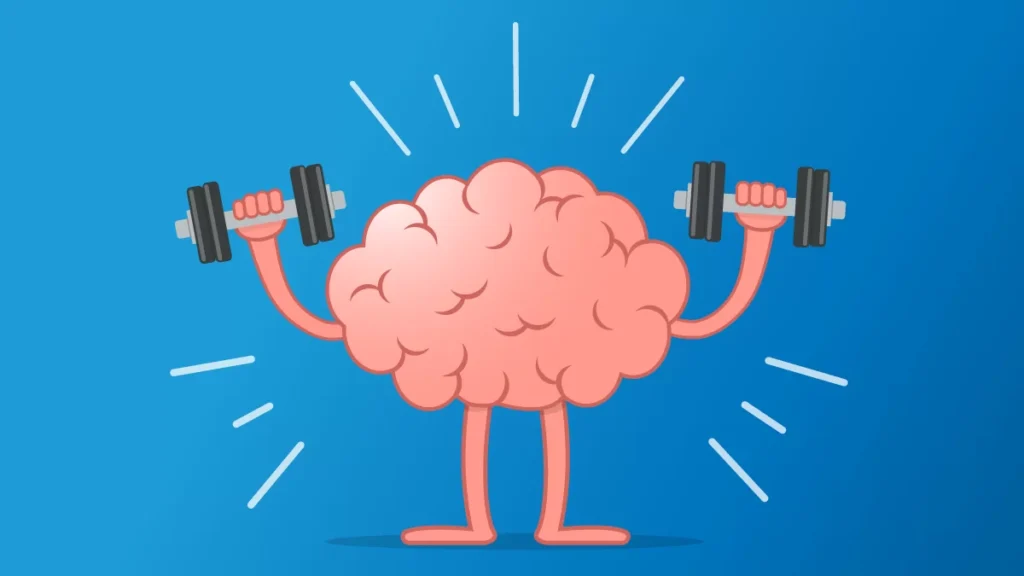Mental health is vital as physical health, yet it’s often overlooked in our busy lives. Whether you’re feeling stressed, anxious, or simply want to improve your overall emotional well-being, taking steps to prioritize mental health can make a world of difference. In this blog post, we’ll explore three simple yet effective tips to boost your mental health and cultivate a happier, more balanced life.
1. Practice Regular Exercise
One of the most effective ways to improve your mental health is through regular physical activity. Exercise synthesis endorphins, which are the body’s natural “feel-good” chemicals. These endorphins can help reduce feelings of anxiety, depression, and stress while boosting your mood and energy levels.
You don’t need to sign up for a marathon to see the benefits. Even light activities like walking, yoga, or dancing can have a positive impact on your mental state. Aim for at least 30 minutes of exercise most days of the week, and try to make it something you enjoy. The key is consistency, and once you start making physical activity a habit, you’ll likely notice improvements in your mental clarity, focus, and overall mood.
Why it works:
- Boosts endorphins and serotonin, naturally lifting your mood.
- Reduces stress hormones like cortisol.
- Improves sleep patterns and energy levels, making you feel more refreshed.
2. Develop a Mindfulness Routine
Mindfulness practices, such as meditation, deep breathing exercises, or simply taking time to be present, can significantly enhance your mental health. By focusing on the present moment and letting go of negative thoughts or worries about the past and future, you can reduce stress and anxiety.
Mindfulness helps you develop a sense of awareness, allowing you to better cope with life’s challenges. Even setting aside just 10 minutes a day to meditate or practice deep breathing can improve your emotional well-being. Apps like Headspace or Calm are great resources for beginners, providing guided sessions that make it easy to incorporate mindfulness into your daily routine.

Why it works:
- Reduces symptoms of anxiety, depression, and stress.
- Enhances emotional regulation and resilience.
- Increases self-awareness, leading to better decision-making and coping strategies.
3. Maintain Healthy Relationships
The people you surround yourself with play a critical role in your mental health. Positive, supportive relationships help buffer the effects of stress and can give you a sense of belonging and community. Whether it’s friends, family, or colleagues, maintaining healthy relationships is crucial for your emotional well-being.
Take time to nurture these relationships by practicing active listening, being empathetic, and offering support to others. It’s also important to set healthy boundaries to avoid emotional burnout. If you’re feeling isolated, consider joining a social group or seeking professional support from a therapist or counselor.
Why it works:
- Strong social connections reduce feelings of loneliness and isolation.
- Supportive relationships offer a sense of security and emotional stability.
- They promote better coping mechanisms during difficult times.

Final Thoughts
Improving your mental health doesn’t require drastic changes overnight. By incorporating these three tips—exercise, mindfulness, and maintaining healthy relationships—into your daily life, you can start to experience improvements in your mood, emotional resilience, and overall well-being. Remember, taking small steps consistently will lead to big changes in the long run.
If you ever feel like you need more support, don’t hesitate to reach out to a mental health professional. Your mental well-being is worth investing in!
By focusing on these practical steps, you can take charge of your mental health and build a more fulfilling and balanced life.





